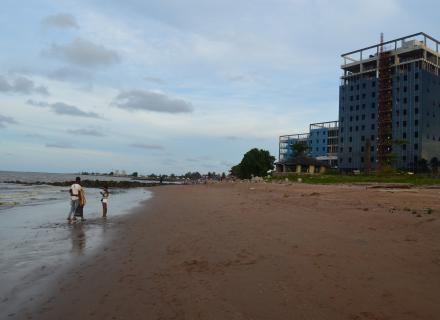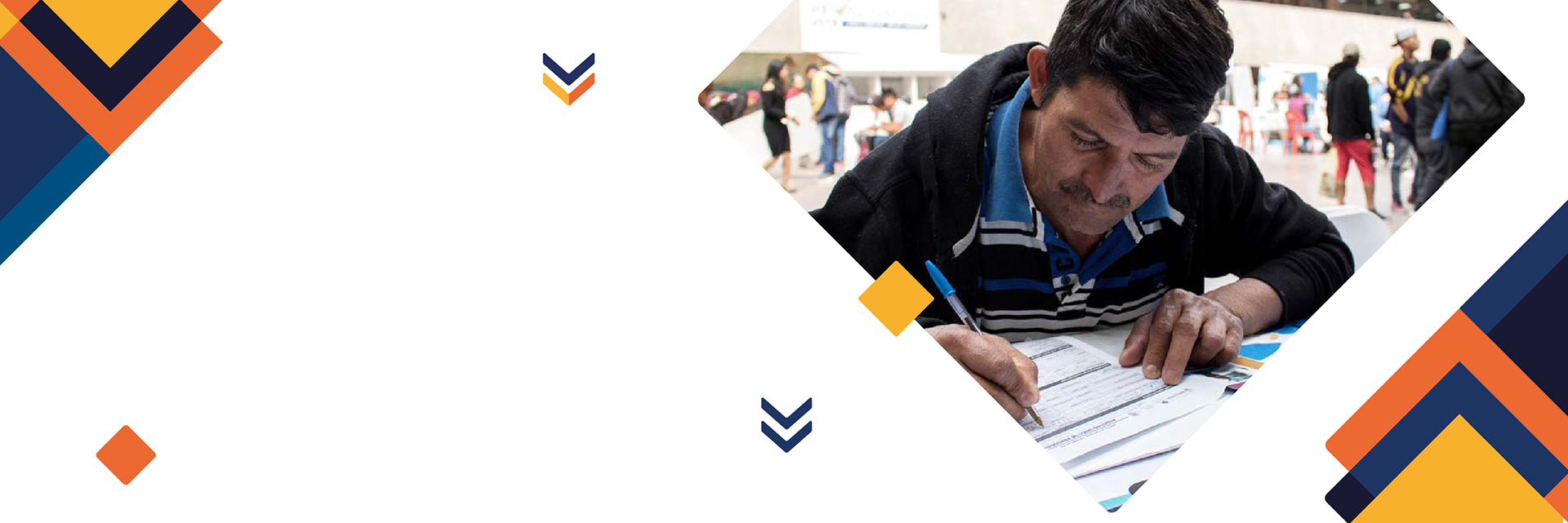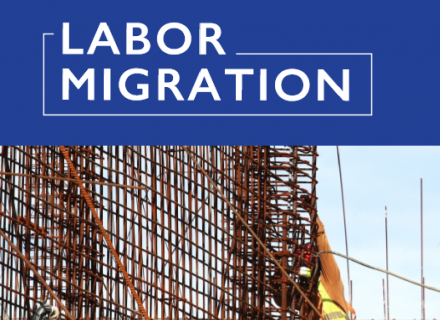Human mobility is a fundamental feature of today's world and of the region. Integrated markets, transnational networks and rapidly evolving communication technologies have contributed to increased movements of migrant workers across international borders. Globalization and industrialization have led to a demand for professionals from other countries, with different manual and intellectual skills, of low, medium and high qualification, to work in different sectors of the economy.
It is estimated that there are about 169 million migrant workers in the world. Approximately 98.9 million are men (58.5%), and 70.1 million are women (41.5%). In Latin America and the Caribbean, migration has also become much more dynamic and complex in recent decades, and is closely linked to the search for new employment opportunities and better living conditions. In the region, there are several intraregional corridors, particularly to Mexico, Costa Rica, Panama and the Dominican Republic, among other countries.
IOM works to protect the labor and human rights of migrant workers and to optimize the benefits of labor migration for both countries of origin and destination. The Regional Program on Migration provides technical support and capacity building activities aimed at coordinating and promoting the participation of key stakeholders to adequately respond to the complexity of the migration phenomenon.


COVID-19: Guidance for labour recruiters to enhance migrant worker protection during the current health crisis
This document offers preliminary guidance for labour recruiters to enhance their response to COVID-19 and, in particular, to offer advice to establish effective protections for migrant workers linked to their operations.

Course: Introduction to the International Recruitment Integrity System (IRIS)
This course provides participants with an overview of the International Recruitment Integrity System (IRIS). This includes information on what ethical recruitment looks like in practice and what labour recruiters need to demonstrate in their management systems to be IRIS certified. While this course has been designed primarily for labour recruiters, it is relevant for anyone seeking more information on IRIS.



